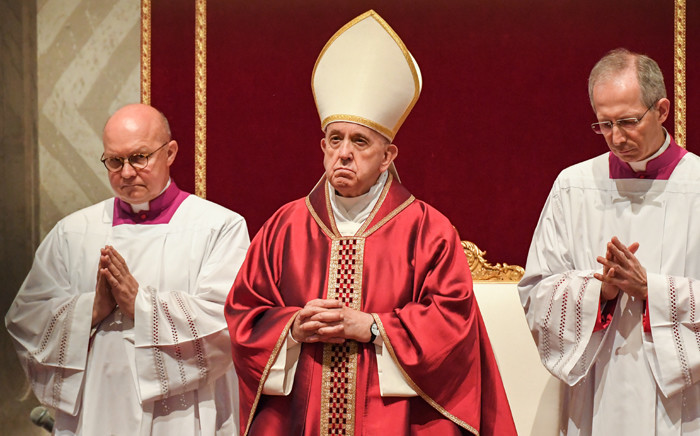The following is from St. Thomas Aquinas (ST II-II, Q.39, A. 1). I've underlined those things that I think are paricularly interesting.
Schism takes its name "from being a scission of minds," and scission is opposed to unity. Wherefore the sin of schism is one that is directly and essentially opposed to unity.
[. . . ]
Hence the sin of schism is, properly speaking, a special sin, for the reason that the schismatic intends to sever himself from that unity which is the effect of charity: because charity unites not only one person to another with the bond of spiritual love, but also the whole Church in unity of spirit.
Accordingly schismatics properly so called are those who, wilfully and intentionally separate themselves from the unity of the Church; for this is the chief unity, and the particular unity of several individuals among themselves is subordinate to the unity of the Church, even as the mutual adaptation of each member of a natural body is subordinate to the unity of the whole body.
Now the unity of the Church consists in two things; namely, in the mutual connection or communion of the members of the Church, and again in the subordination of all the members of the Church to the one head, according to Colossians 2:18-19: "Puffed up by the sense of his flesh, and not holding the Head, from which the whole body, by joints and bands, being supplied with nourishment and compacted, groweth unto the increase of God."
Now this Head is Christ Himself, Whose viceregent in the Church is the Sovereign Pontiff. Wherefore schismatics are those who refuse to submit to the Sovereign Pontiff, and to hold communion with those members of the Church who acknowledge his supremacy.




















